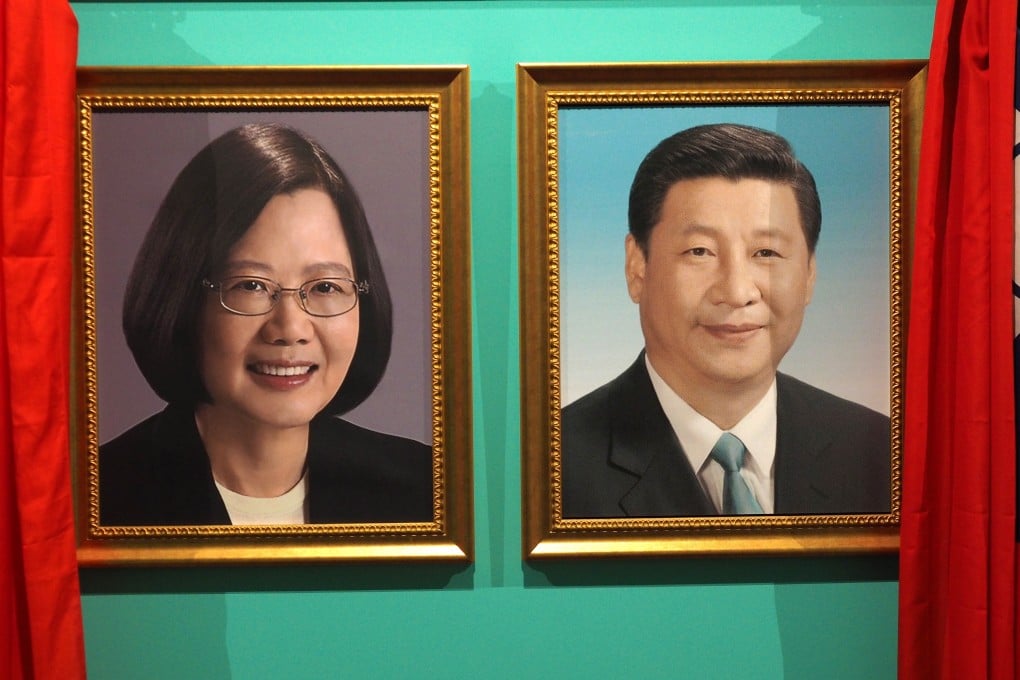After election, US dialogue with China on Taiwan must resume, analysts say
- A panel organised by the South China Morning Post said that better communications on Taiwan are needed to ‘manage mutual mistrust’ between the nations
- But Donald Trump regards dialogue as a waste of assets, one expert said, while Joe Biden will want ‘to recalibrate, not reset, a relationship with China’

Whoever wins the US presidential election on November 3 will need to find a way to reconstruct dialogues with Beijing concerning Taiwan, according to US diplomatic experts, both to manage “mutual mistrust” and pave the way for cooperation on areas of common interest.
The debate over Taiwan policy has grown louder in the US this year. As China has ramped up military drills and rhetoric about reuniting the self-governed island with the mainland, Washington has warmed its relation with Taipei by sending high-level officials on visits and approving armed sales there worth a potential US$1.8 billion.
In a panel on the US 2020 election on Thursday organised by the South China Morning Post, Evan Medeiros, who was President Barack Obama’s top adviser on the Asia Pacific, said that one deficiency of President Donald Trump’s China policy has been to treat dialogue as if it’s a waste of assets, costly and complicated.
Until the start of this year, he said, Trump had barely discussed Taiwan, partly because he sought to avoid issues that might derail the phase one trade deal he and Chinese Vice-Premier Liu He signed in January.

00:42
China threatens retaliation over US plans to supply Taiwan with arms
“China is using its capability to signal its intentions more than anything else – in large part because there is so little dialogue or no dialogue between Beijing and Taipei, and there is very little dialogue between Washington and Beijing,” Medeiros said.